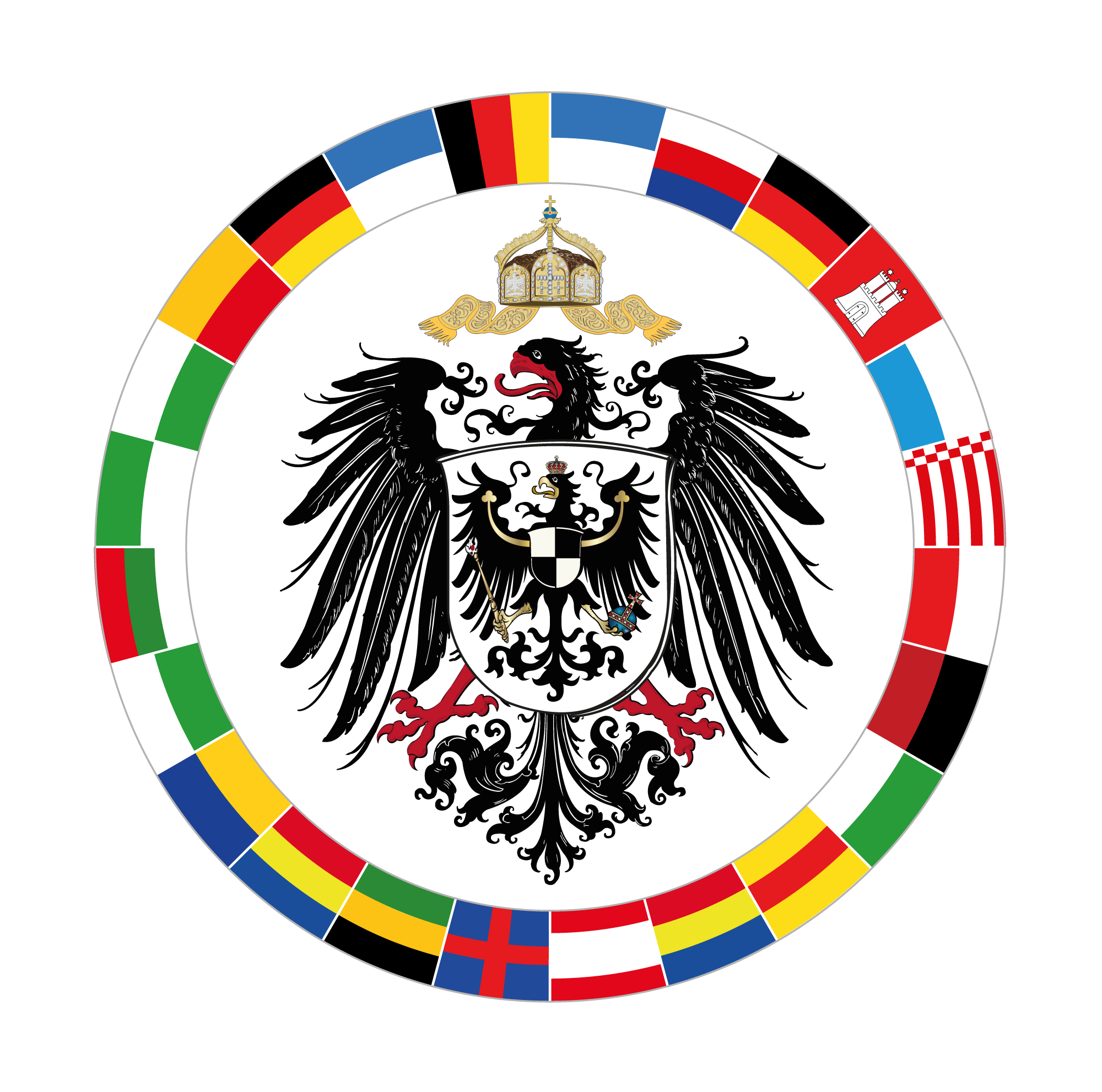80 WIILIIELN DER SIEGCREICIIE
Page LINE
rel. pron. Cannot be omitted in German; (2) was is used for
das, after indefinite antecedent, alles, nichts, etwas; alter
neut. superl., such as das Beste, das Schlimmste; in refer-
ence to a whole clause as in p. 15 1l. 28 der König fand.
8. 23. doch, alter all’“ Fet“ but, is an expletive of fredquent
Occurrence and contradicts or throws a doubt upon stated
opinions: Sie sind nicht wohl! Doch! (you are mistaken,
I am quite well’). It adds emphasis to imperatives, sprechen
Sie doch nicht so laut! pray do not speak so loud, and
has a weaker force in es ist doch sonderbar is it not
strange. Cf. for other examples p. 12 I1. 18, p. 16 1. 5,
P. 20 l. 11. p. 32 1. 21, p. 33 l. 10, p. 62 l. 10, p. 66 1. 3r.
- ohnmächtig, powerless, is originally not a compound of
ohne and Macht. ohne stands for an old prefix, which had
a negative force.
. ihr habt . sehen müssen: modal verbs have two forms,
strong and weak, of the past part.; the strong form is used
wWhen there is a dependent infinitive as, here, sehen.
. danach trachten. zu befreien, strive to free. danach
and similar forms are not translated; they serve to complete
the construction required by the principal verb and reier to
the coming dependent clause, e.g. er besteht darauf, daß er
kommt he insists on his coming. See too p. 27 I. 28.
„ II. der große Kurfürst bei Fehrbellin: Friedrich Wilhelm
(1r640—88), in truth the founder of the Prussian State, de-
feated the Swedes on June 2#r, 1675, at Fehrbellin (in Mark
Brandenburg, NW. of Berlin), and followed up his victory
by gradually reconquering Pomerania (Pommern) together
With Stettin and Stralsund.
. allerbängste, most anxious, is a strengthened form of the
superlative: ecf. allerliebst most delightful, am allerbesten
best of all, allergnädigst and allerhöchst used of royal
Personages. The modification of bang in comparative and
superlative is duite modern.
„ 7. wohl: see note, p. 2 1. 8.
„„ 15. thränenden Auges, with streaming eyes. An absocl.
gen. forming an adv. of manner, as raschen Schrittes with
quick step’'; guter Dinge in gooc spirits!; unverrichteter
Dinge without accomplishing one’'s object’“; and many in
weise, merkwürdigerweise strange to say.
„ 18. gab sich zu erkennen: see note, p. 5 1. 24.
„ 22. mochte es . fönen: was likely to’ could possibly is
the force of the imperf. ind. of mögen; cf. p. 25 I. 6, p. 28
1 30, p. 39 1. 28 ((whether ..); but möchte, imperf. subj.
#
□
#-
o
n
10.




